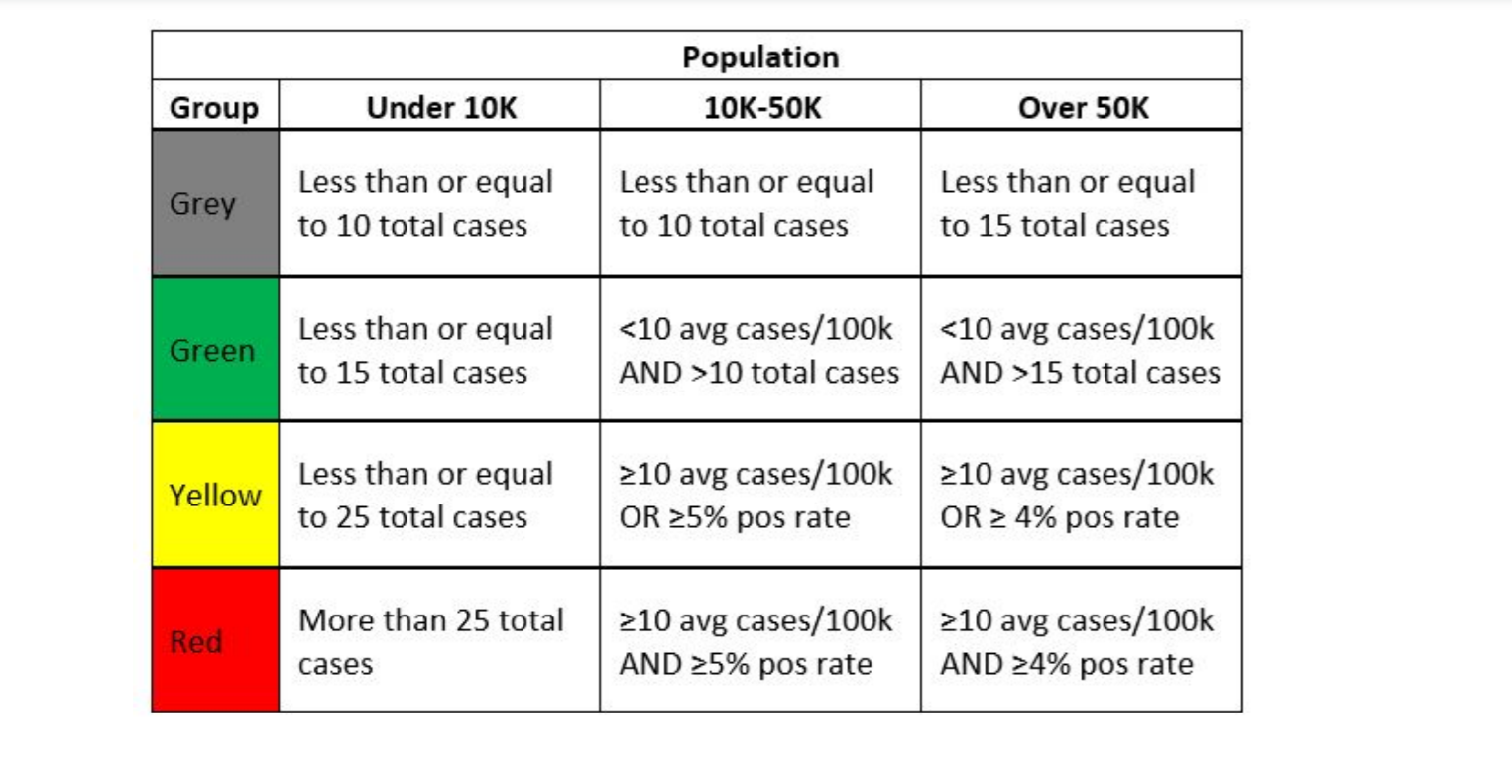With COVID fatigue setting in, public health experts want to give people motivation that hope is on the horizon.
But doctors say that, to get to the more normal future, we need to take the virus very seriously right now.
“The next two to three months are going to be the hardest of the pandemic,” said Dr. Ashish Jha, dean of Brown University’s School of Public Health.
Get top local stories in Boston delivered to you every morning. Sign up for NBC Boston's News Headlines newsletter.
“Right now with cases out of control, ramping up contact tracing is spinning our wheels,” said Dr. Michael Mina of Harvard’s T.H. Chan School of Public Health.
Both leading public health experts sounded the alarm about the dire prospects of the COVID-19 pandemic over the next few months, with coronavirus levels spiking in Massachusetts, across the country and much of the world.
“Things are just going to be very bad. We have more infections now in the country than we’ve ever had. I believe we have more infections in Massachusetts right now than we had at the peak of the outbreak in April,” Jha said.
How Coronavirus Has Grown in Each State — in 1 Chart
This graph shows how the number of coronavirus cases have grown in Massachusetts, in the context of the other U.S. states, dating to the early days of the pandemic. It shows how many cases have been diagnosed each day in each state since their 500th cases. Select a state from the dropdown to highlight its track.
Source: The COVID Tracking Project
Credit: Amy O’Kruk/NBC
But he is far more optimistic about returning to more normal life by about June of 2021, with several vaccines with high efficacy rates likely to be available to millions of people soon.
“The light at the end of the tunnel is right there and it’s really bright, and we can get through the next few months. Things will get better, life will get better,” Jha said.
In the meantime, he is imploring state and local officials to rethink their priorities to try to minimize spread.
“I, at this point, personally don’t see any justification for indoor dining being open,” said Jha. “Hospitals and schools should be your top priority.”
Beyond that, Mina argued we need to put our energy and money into more widespread testing and stop wasting resources on contact tracing.
“The proof is right in front of us, it clearly did not work. We have exponential growth that’s out of control, it did not work,” Mina said.
He and Jha agreed that improving access to rapid at-home COVID testing will be important, no matter how successful the vaccines are.



